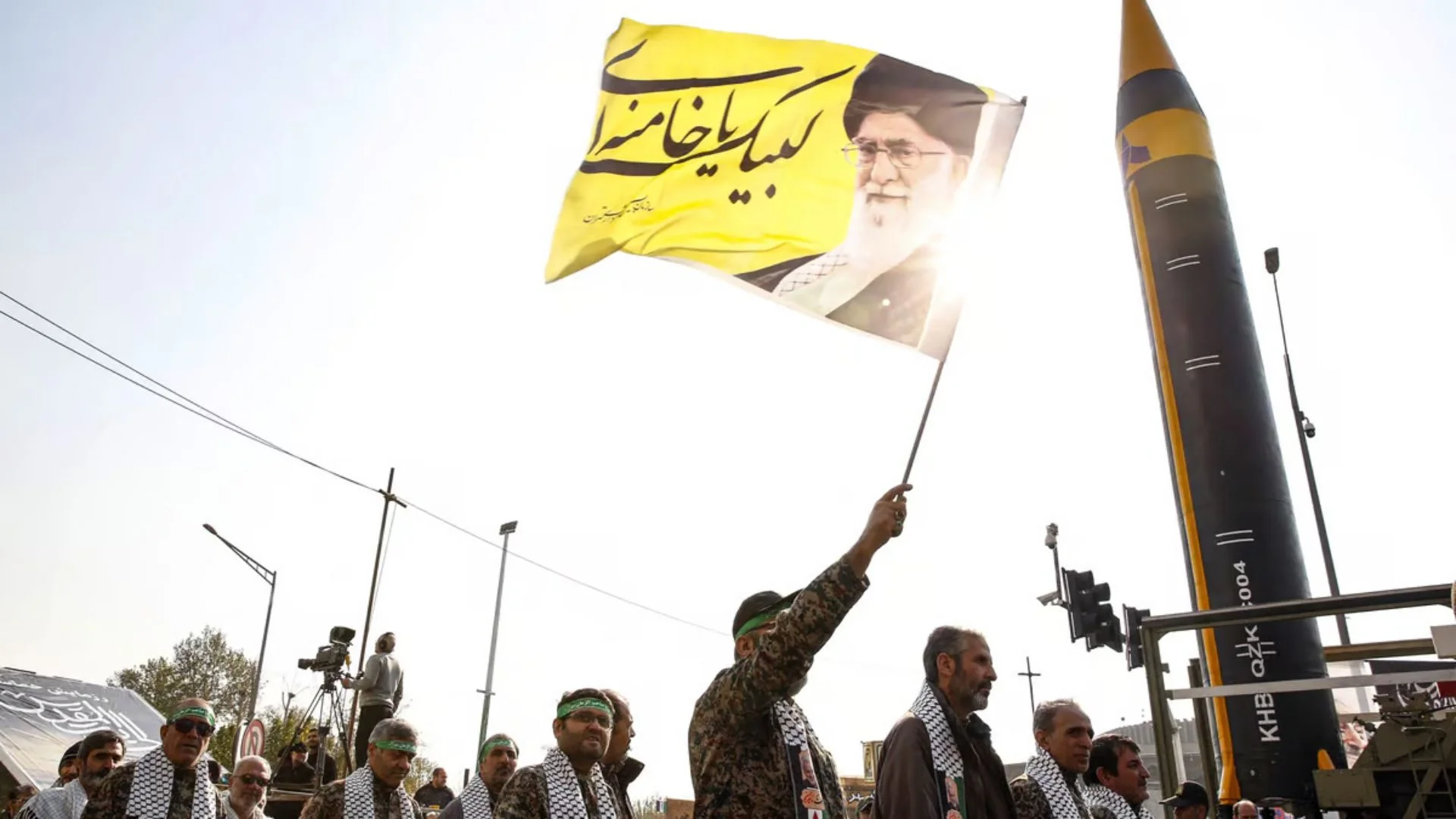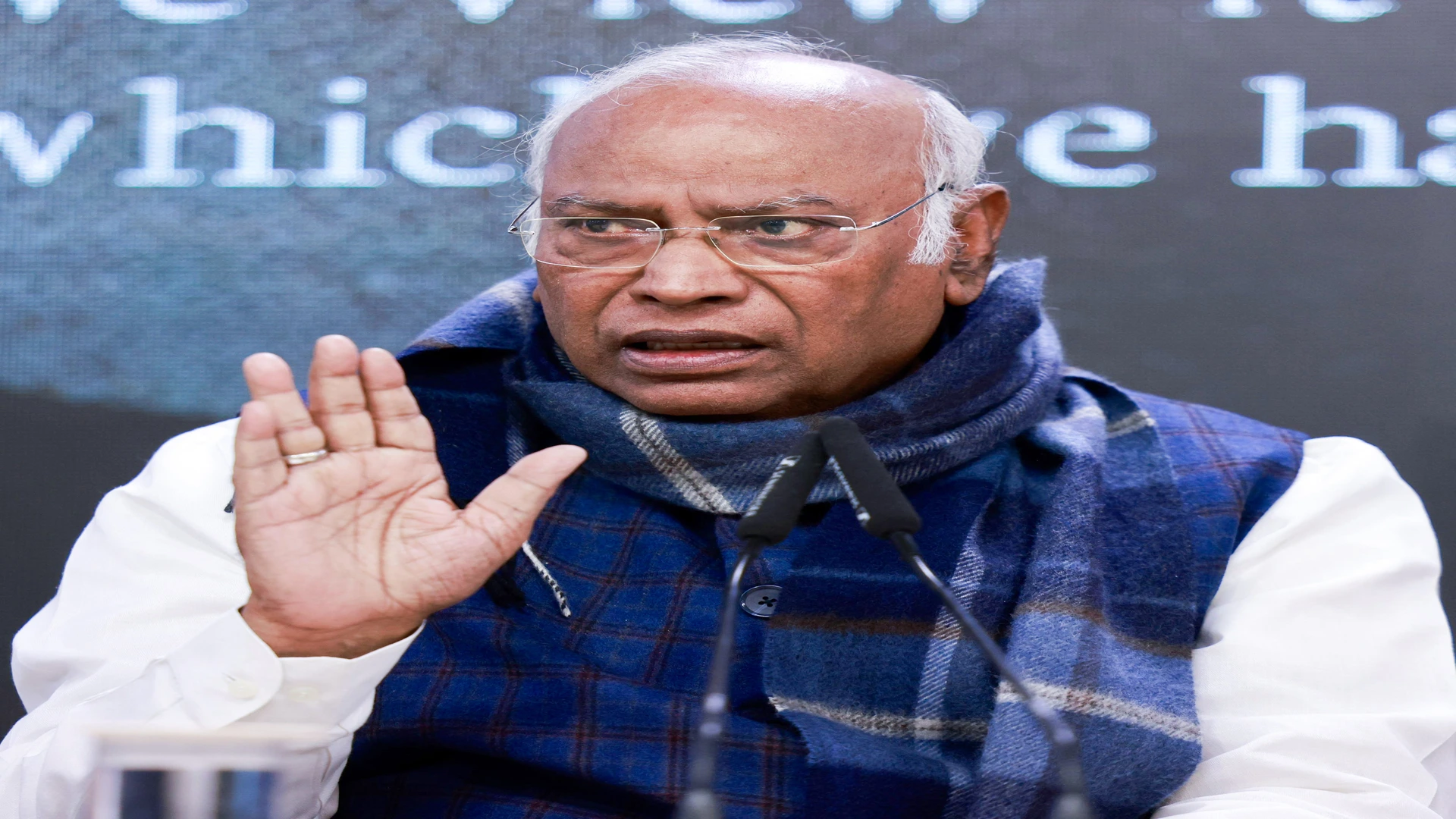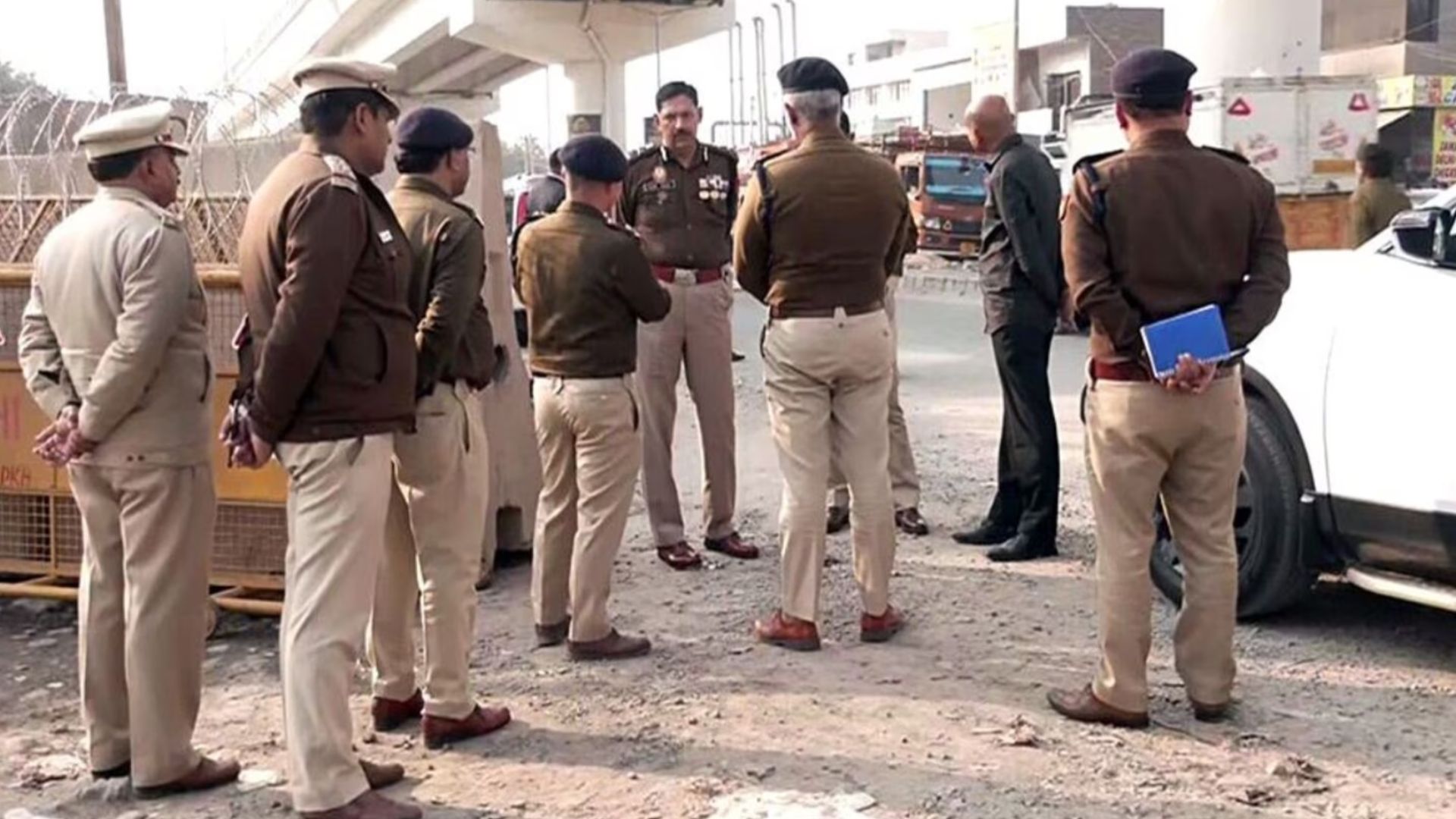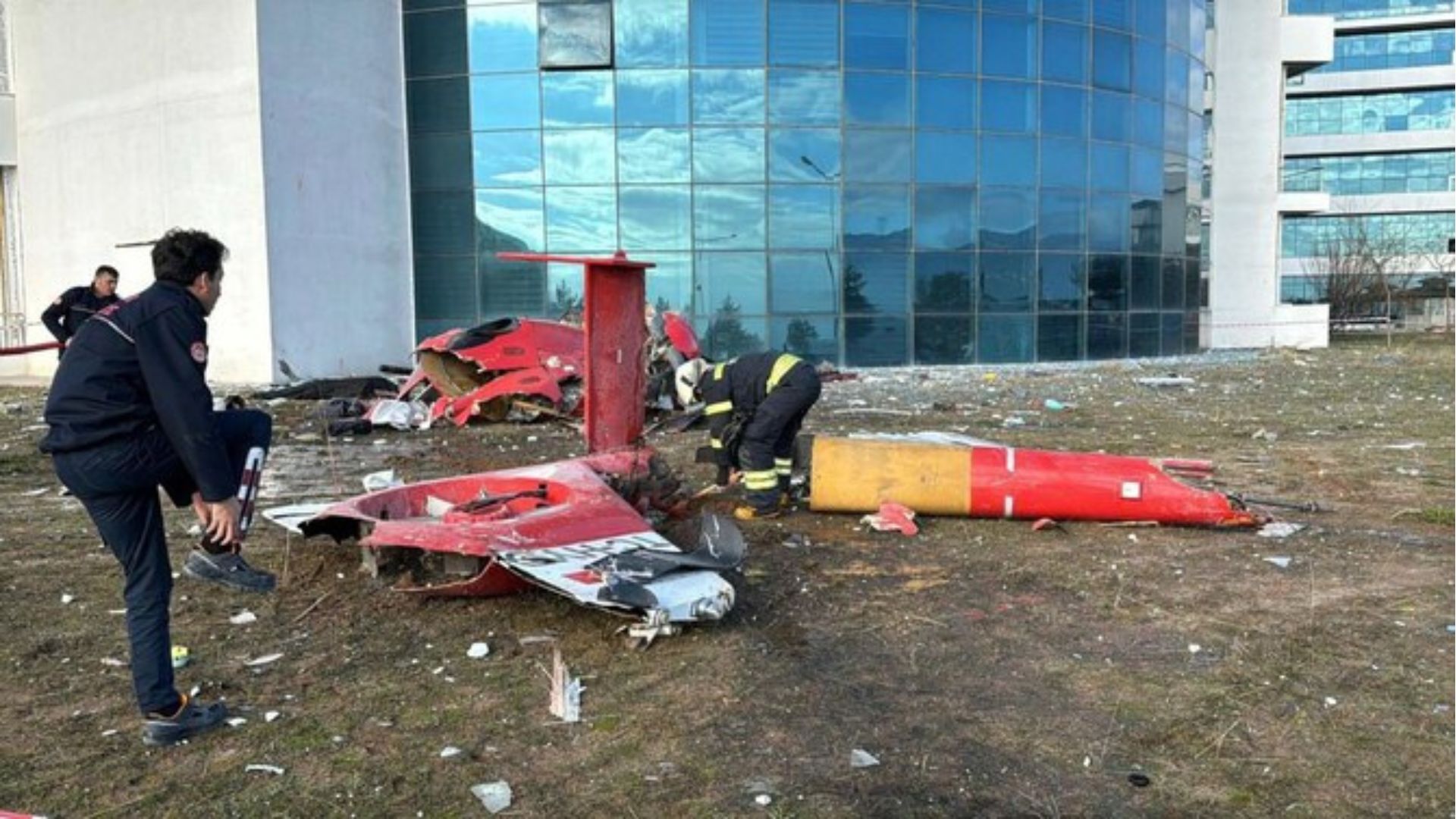Iran Retaliate After Hezbollah Leader Death
The ongoing conflict between Israel and Iran intensified dramatically after Iran launched a two-wave ballistic missile attack on Israel on Tuesday. Tehran’s retaliation followed Israel’s assassination of Hezbollah Secretary-General Hassan Nasrallah in Beirut last week and the earlier killing of Hamas leader Ismail Haniyeh in Tehran on July 31. Despite the launch of 180 projectiles targeting military bases near Tel Aviv, Israeli reports confirmed that most missiles were intercepted, resulting in no casualties.
Israel, backed by strong US support, is now weighing its next move. Israeli Prime Minister Benjamin Netanyahu vowed retaliation, stating that Iran had “made a big mistake and will pay.” US President Joe Biden also reaffirmed America’s unwavering support for Israel.
Will Israel Escalate or De-escalate?
With the region on high alert, experts are closely watching how Israel might respond. Some believe Israel’s reaction could be more severe than previous limited strikes, as Iran’s attack involved ballistic missiles, some of which penetrated Israel’s defense systems. Marc Owen Jones, an analyst at Northwestern University, remarked that while Iran’s strike appeared symbolic, Israel’s next move remains unpredictable. Historically, Israeli responses have included airstrikes and assassinations targeting Iranian allies.
Andreas Krieg, a security expert from King’s College London, suggested that Israel may launch fighter jet strikes directly into Iranian airspace, marking a significant escalation. Such a move could shift the conflict from a proxy war into a direct confrontation between Israel and Iran, potentially involving the United States.
Potential Targets for Israeli Retaliation
Israeli officials have hinted at all options being on the table. Military assets, nuclear facilities, and oil production sites are possible targets. Israeli spokesperson Daniel Hagari confirmed that Israel will retaliate “wherever, whenever, and however we choose.” Former Prime Minister Naftali Bennett urged immediate strikes on Iran’s nuclear program, aiming to cripple the regime.
Key targets could include Iran’s Natanz uranium enrichment facility, Isfahan’s military infrastructure, or oil fields, which are vital to the country’s economy. However, any attack on Iran’s nuclear sites may be seen as disproportionate and risky, as it could push Tehran to accelerate its nuclear program.
Iran Warns of Severe Retaliation
While Tehran remains wary of starting a larger war, Iranian military leaders have issued strong warnings. General Mohammad Bagheri, chief of Iran’s armed forces, cautioned that if Israel strikes Iranian territory, Iran will respond with “multiplied intensity.” He also indicated that targeting Israeli civilians remains a feasible option, should Israel escalate further.
The region remains on edge as both sides prepare for the potential of an unprecedented escalation in their decades-long conflict.







